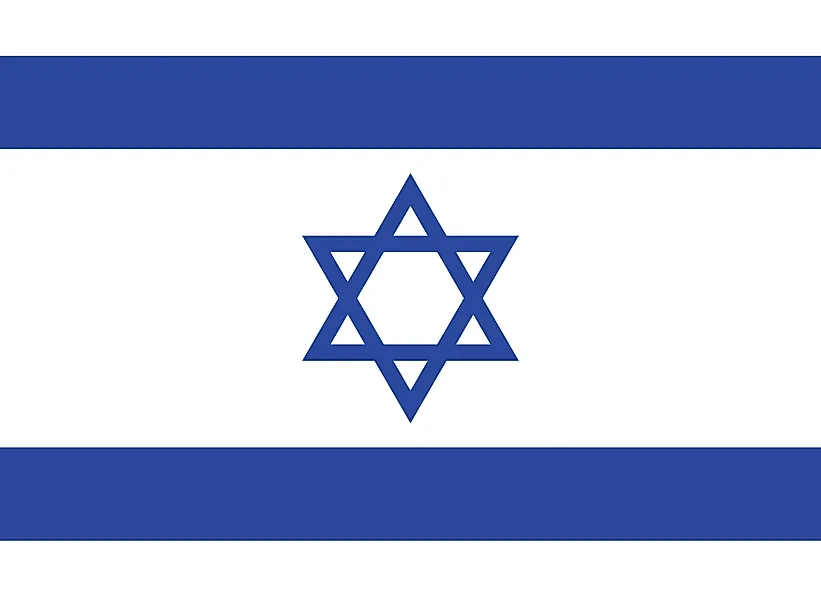
Israel
| Continent | Asia |
| Capital | Jerusalem |
| Population | 8,174,527 |
| GDP | $297.00 Billion |
| GDP per Capita | $34,800 |
| Dialing Code | +972 |
| ISO Code (2-letter) | IL |
| ISO Code (3-letter) | ISR |
Israel Landscapes






About Israel
Welcome to Israel, a nation where ancient history meets cutting-edge technology. With approximately 9.3 million people occupying 22,145 square kilometers, Israel combines profound historical significance with remarkable technological advancement, earning its reputation as the “Start-Up Nation.”
Geographic Features and Natural Beauty
Israel’s geography encompasses extraordinary diversity within a small area, from the Mediterranean coast to the Negev Desert. The country features four distinct geographical regions: the coastal plain, the central mountains, the Jordan Rift Valley, and the Negev Desert.
The landscape includes the Dead Sea, Earth’s lowest point on land, the Sea of Galilee, and the Ramon Crater, a unique geological formation. The country’s varied topography creates multiple climate zones, supporting diverse ecosystems from Mediterranean woodlands to desert landscapes.
Protected areas include the Ein Gedi Nature Reserve, preserving oasis ecosystems, and Mount Carmel National Park, protecting Mediterranean forest habitats. The country’s geographical diversity supports remarkable biodiversity despite its small size.
Cultural Heritage and Traditions
Israeli culture represents a unique fusion of Jewish traditions from diverse diaspora communities alongside other cultural influences. The country’s heritage includes ancient religious sites sacred to three major monotheistic religions.
Traditional arts blend ancient Jewish customs with modern Israeli innovations. Music ranges from traditional religious melodies to contemporary Israeli pop, while dance includes both folk traditions like hora and modern choreography.
Israeli cuisine combines influences from Jewish communities worldwide with local Middle Eastern flavors. Traditional crafts include Judaica art, while modern Israeli design and fashion have gained international recognition.
Historical Journey
Israel’s history spans from ancient biblical times through various empires and civilizations to its modern establishment in 1948. The land has been central to Jewish history and tradition for over three millennia.
Significant periods include ancient kingdoms, diaspora experiences, the Zionist movement, and state-building efforts. Recent decades have seen remarkable development in technology, agriculture, and various fields while maintaining connections to historical heritage.
Modern Economic Landscape
Today’s Israeli economy is known for its high-technology sector, earning the country its “Start-Up Nation” nickname. Israel leads in innovation, particularly in technology, cybersecurity, and agricultural technology.
Recent initiatives focus on artificial intelligence, renewable energy, and biotechnology. The country’s highly educated workforce and entrepreneurial culture support its position as a global innovation hub.
International Relations and Global Position
Israel maintains significant diplomatic and economic relationships worldwide while navigating regional challenges. The country’s technological expertise and innovation contribute to international cooperation in various fields.
Did You Know?
• Israel has the highest number of start-ups per capita in the world?
• The country recycles 90% of its wastewater, the highest percentage globally?
• Hebrew is the only ancient language successfully revived for modern use?
• Israel has more museums per capita than any other country?
Conclusion
Israel represents an extraordinary combination of ancient heritage and modern innovation. From its historical sites to its technological achievements, from its cultural diversity to its entrepreneurial spirit, Israel continues to evolve while maintaining connections to its historical roots. As it addresses contemporary challenges and opportunities, Israel remains committed to advancing human knowledge while preserving its unique heritage.